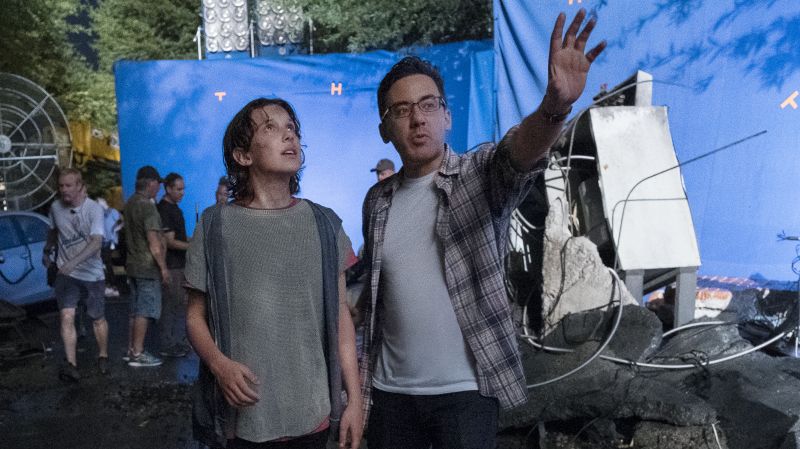ComingSoon.net was fortunate enough to sit down with the director behind one of the summer’s biggest blockbusters, Godzilla: King of the Monsters. Check out the whole chat below!
In 2014, Gareth Edwards brought a Jaws-esque Godzilla movie to the screen. The film follows nuclear plant supervisor Joe Brody (Bryan Cranston) as he obsessively searches for the truth behind the accident that claimed the lives of many, including his wife, on the day when the the building inexplicably went up in flames. Joined by his son, Brody discovers the existence of giant monsters, the reawakening of which pose a threat to all of humanity.
Now, Mike Dougherty, the director behind such memorable flicks as Krampus and Trick ‘r Treat, has added his own entry to the Godzilla franchise. The man who known for his monster movies handed new toys in a bigger, better sandbox.
ComingSoon.net: When it came to making your very own Godzilla movie, were you worried about losing your voice when adapting a property that has such a built-in fan base with very specific expectations?
Michael Dougherty: No, because I think I’m drawn to projects where I know my voice will fit, and I knew Godzilla would be a natural fit for whatever you could call my voice, because I have so much sympathy for monsters. Godzilla, as a franchise, demands that you have sympathy and empathy for them, because that’s the whole point of Godzilla movies is that you’re able to emotionally imprint on non-human characters and root for them or root against them. I knew it would be sort of a safe space for me to continue bringing in my point of view, my perspective about how creatures should be portrayed.
CS: Godzilla fits thematically with your previous films, given that although you create original content, you’re typically pulling from older mythos, like with the rituals of Halloween in Trick ‘r Treat, or the centuries old folklore of Krampus. How much of exploring ancient mythology grounds your interest in genre film and the movies you choose to make?
MD: I’m fascinated with how mythology and folklore doesn’t just exist to entertain, but also exists to teach us something. Almost like a really good Twilight Zone episode. You know, they’re like Aesop’s Fables, they are entertaining, and if you want to enjoy them strictly for the entertainment value, that’s fine, you can, more power to you. But if you want to wade into the deeper end of the pool, you can discover everything that that mythology, that folklore can teach you about you, your culture, or in the case of Godzilla, mankind’s relationship with nature.
CS: When it comes to Ghidorah, I noticed in the end credits that the three headed monster is actually played by three different actors — what inspired that decision?
MD: I love Ghidorah’s original incarnations in the older Toho films, but as an animal lover and as a dog owner, specifically, there’s a point where I had three dogs, and they’re amazing animals, but I think every pet owner knows that animals have very distinct personalities. Members of the same breed will have very distinct personalities, so it only made sense to me that each of Ghidorah’s heads would have subtle but visible individual quirks. I love the idea that the center head would be the alpha, he’s sort of the big brother of the group. I like to imagine that he’s the head that was born first and the other two followed. So, I thought if we’re going to do performance capture, to amplify the emotional aspects of these creatures to make them more human, then it would only make sense that these three heads would exhibit different characteristics. So, I hired three different actors to portray each head, and then when we did the performance capture sections where they would face off against Godzilla, for example, I said, ‘React however you want to react’. I laid down the character traits that each head should embody, the center head being alpha and generally more calm and focused and in charge, one head being extremely antagonistic and temperamental, and itching for a fight, just raring to go, and the other head being kind of curious, cautious, maybe a little slower on the draw. And they don’t always agree all the time.
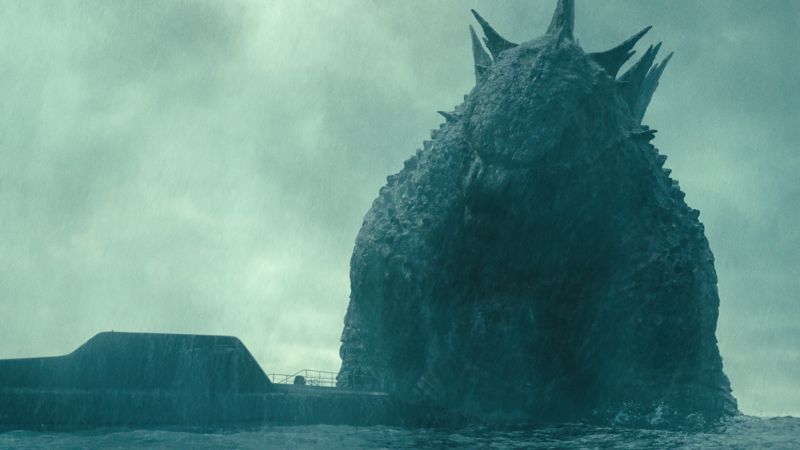
CS: Vera has some big Thanos energy in this movie.
MD: Big Thanos energy! I like that! I’m gonna steal that.
CS: Steal away! Right, so there’s Vera in Godzilla: King of the Monsters, Thanos in Avengers: Endgame, and Daenerys Targaryen in Game of Thrones, and they all carry this mentality of —
MD: Tough love?
CS: Yeah! I mean, in your own words, why do you think the idea of wiping out half of humanity for the greater good is such a prominent theme in pop culture right now?
MD: What’s really funny is that we shot this film at the same time as Avengers. we were shooting in Atlanta at the exact same time as them, because they shot Infinity War and Endgame back-to-back, and so we are both making these movies with antagonists who have big plans for the human population at the same time and neither of us knew it.
CS: That’s so weird!
MD: Yeah, but I think there’s [something] to that, I think it’s worth asking how is it that two major pop culture franchises are delicately bringing up the issue of overpopulation and limited natural resources. I tend to find that with these pop culture movies, it’s a way for us to collectively address subjects that are too difficult to bring up in other ways. I’m not advocating for their point of view, but it’s a very tricky thing to bring up without it turning into a controversy that there are only so many resources, and is slowing our growth rate something that we should consider, without having to go through any drastic measures? I’ll leave that to the media pundits.
CS: Do you think there’s a danger that Vera’s character motivations could be misinterpreted? Taken the wrong way?
MD: You know, I don’t know. I just find that talking about overpopulation seems to be a bit of an emotional minefield for people. I think some people don’t like talking about the concept that maybe not having a baby is a good thing. As someone who doesn’t plan on ever having any kids, I can tell you it’s very freeing.
CS: Godzilla smashed his first building back in 1954 with director Honda’s original movie, and here we are in 2019 and the king of the monsters is back again, still wreaking havoc. What do you think it is that gives the big guy his staying power after all these years?
MD: I think it’s because he’s more than just a giant monster. I think it’s easy to get lured in with the promise of giant monster action and giant monsters battling, and there’s nothing wrong with that. I think that’s why he was created, but he’s surprisingly complicated. He works on multiple levels, and he’s a bit of a Trojan horse in that yes, you are attracted to the promise of watching monsters destroy things, and destroy each other, but underneath that, there’s a spirit and there’s a surprisingly poignant heart to the character. He’s got something to say if we’re willing to listen, and I think that soul is honestly why he has persisted as long as he has. He’s been trying to warn us about our place in the natural world for decades now, and as long as that message needs to be heard, he’s going to around to spread it.
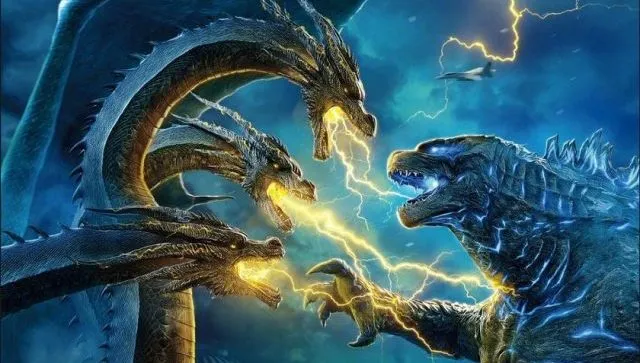
CS: It’s almost like spreading gospel.
MD: I mean, he’s called Godzilla!
CS: Is he a god in this universe?
MD: I mean, a god, sure, with a lower case ‘g’.
CS: I got the feeling in this film that he was more of a metaphor for climate change?
MD: I mean that’s the fun of him, that like any good god, it’s open to interpretation and debate and everyone’s gonna have a different translation.
CS: Apart from Godzilla himself, no other proper Honda inspired kaijus have been realized on the big screen outside of Japan — until now. What elements of Mother, Rodan and Ghidorah are crucial viewing for American audiences?
MD: I would go back to the source; I would go back to the origin of the characters. To me, the original series of Godzilla films is so primal and effective because they took the Marvel approach — or I guess you could say Marvel took the Toho approach — of giving each of individual monster its own movie. Then, once they had those successfully behind them, they started to cross them over into each other’s films. So, Rodan got his first movie in 1956, Mothra got her first movie in 1961 and then I think it was in 1964 they brought Mothra and Rodan together to battle King Ghidorah in his first big screen appearance. So, Ghidorah was sort of the Thanos of that particular era. I would go back to the original. They’re fun! I mean, I love watching old movies. Sometimes I worry that younger generations don’t have the same desire to catch up on classic cinema despite them being readily available at the push of a button.
CS: Yeah, it’s strange that it’s so hard to get younger audiences to dig into classic cinema. I think the words ‘Easter eggs’ makes people possibly go back and revisit older films. As a fan of the Godzilla franchise, what Easter eggs are you excited for other fans of the franchise to catch in your movie?
MD: I’m not going to point out anything too directly because that would be cheating, but this movie rewards you for paying attention, especially if you’re a fan. I would keep a close eye on monitors as they pop up, I would listen carefully because there’s definitely audio Easter eggs sprinkled throughout, and I would keep a close eye on Ziyi Zhang’s character.
Godzilla: King of the Monsters
-
Godzilla: King of the Monsters
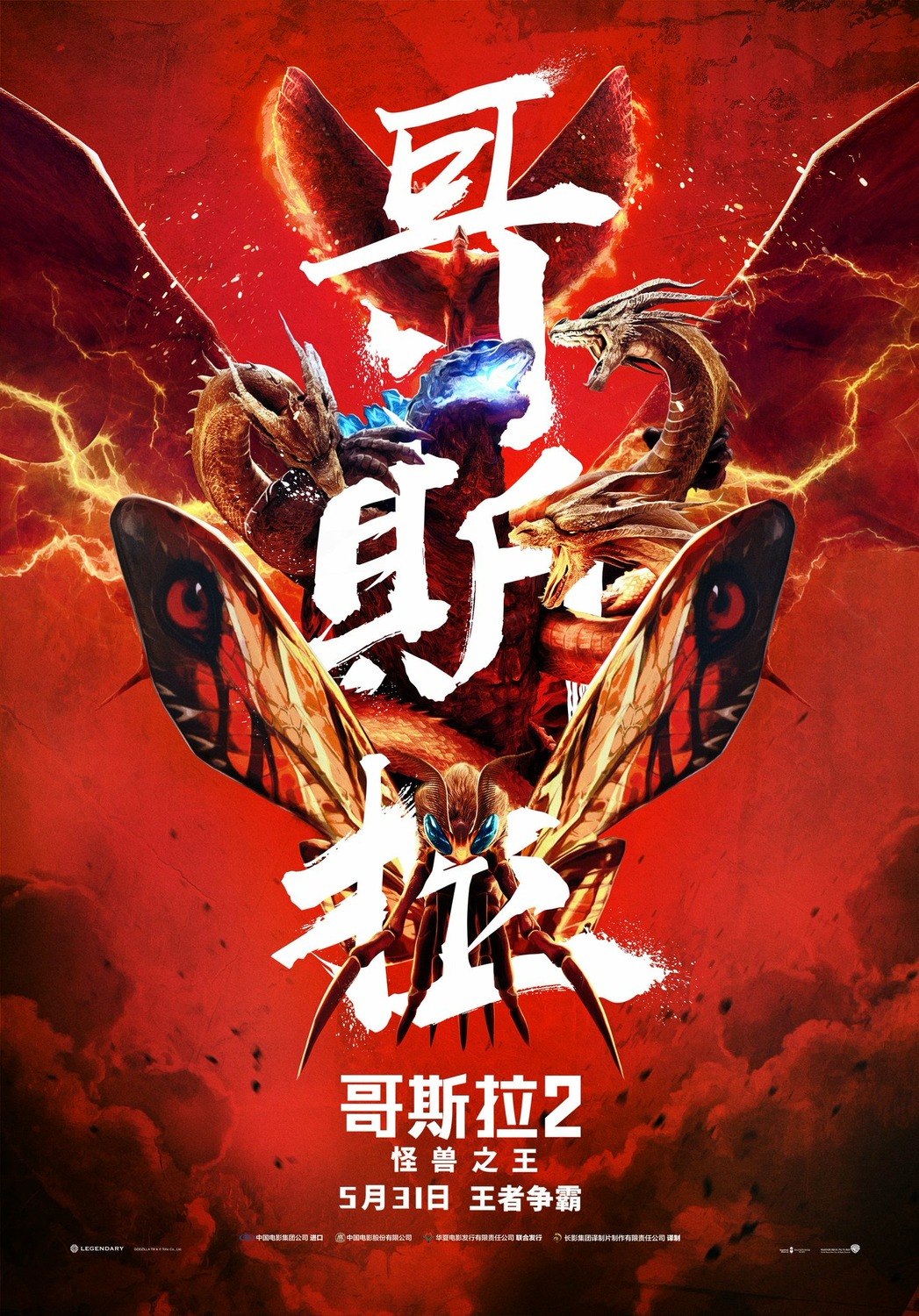
-
Godzilla: King of the Monsters

-
Godzilla: King of the Monsters

-
Godzilla: King of the Monsters

-
Godzilla: King of the Monsters

-
Godzilla: King of the Monsters

-
Godzilla: King of the Monsters

-
Godzilla: King of the Monsters
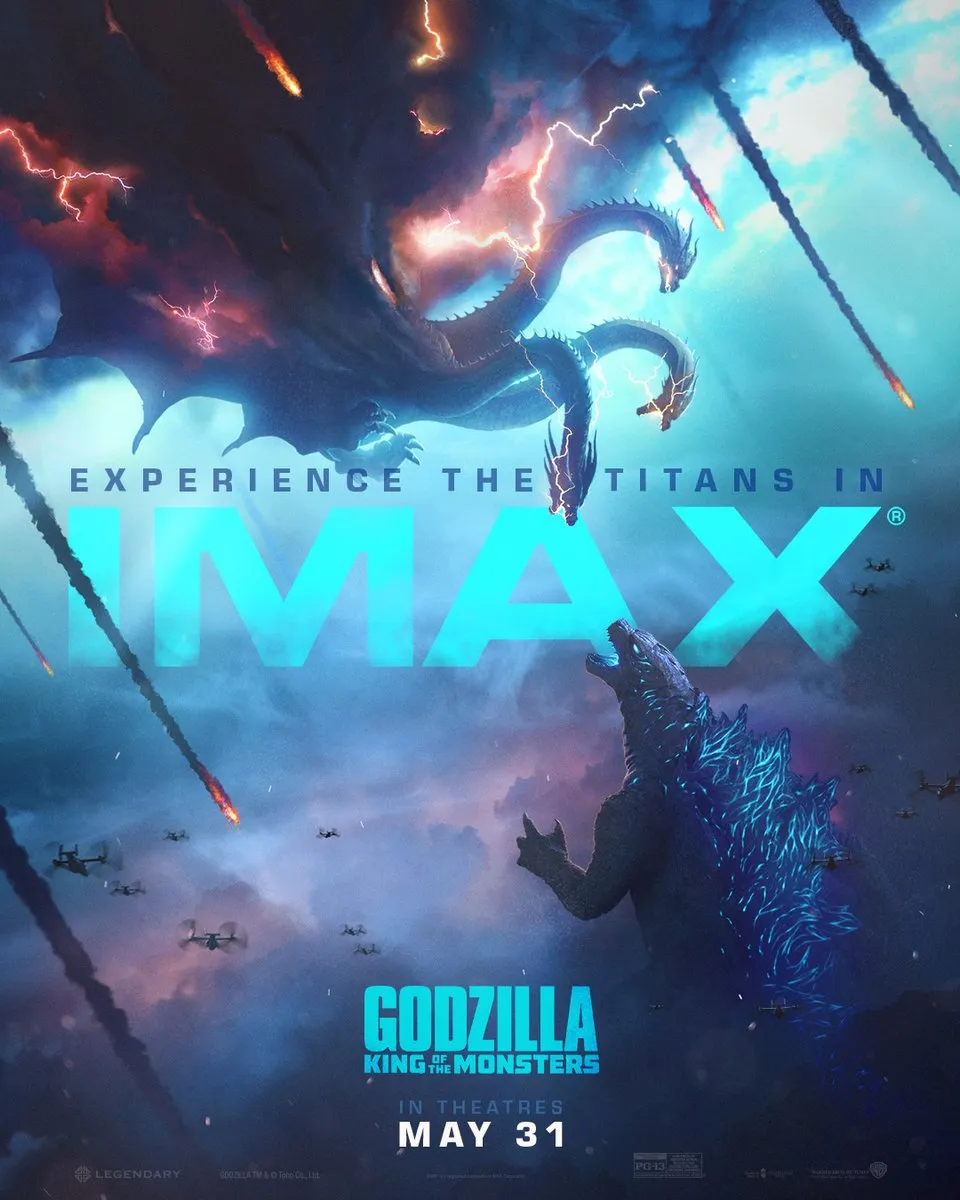
-
Godzilla: King of the Monsters
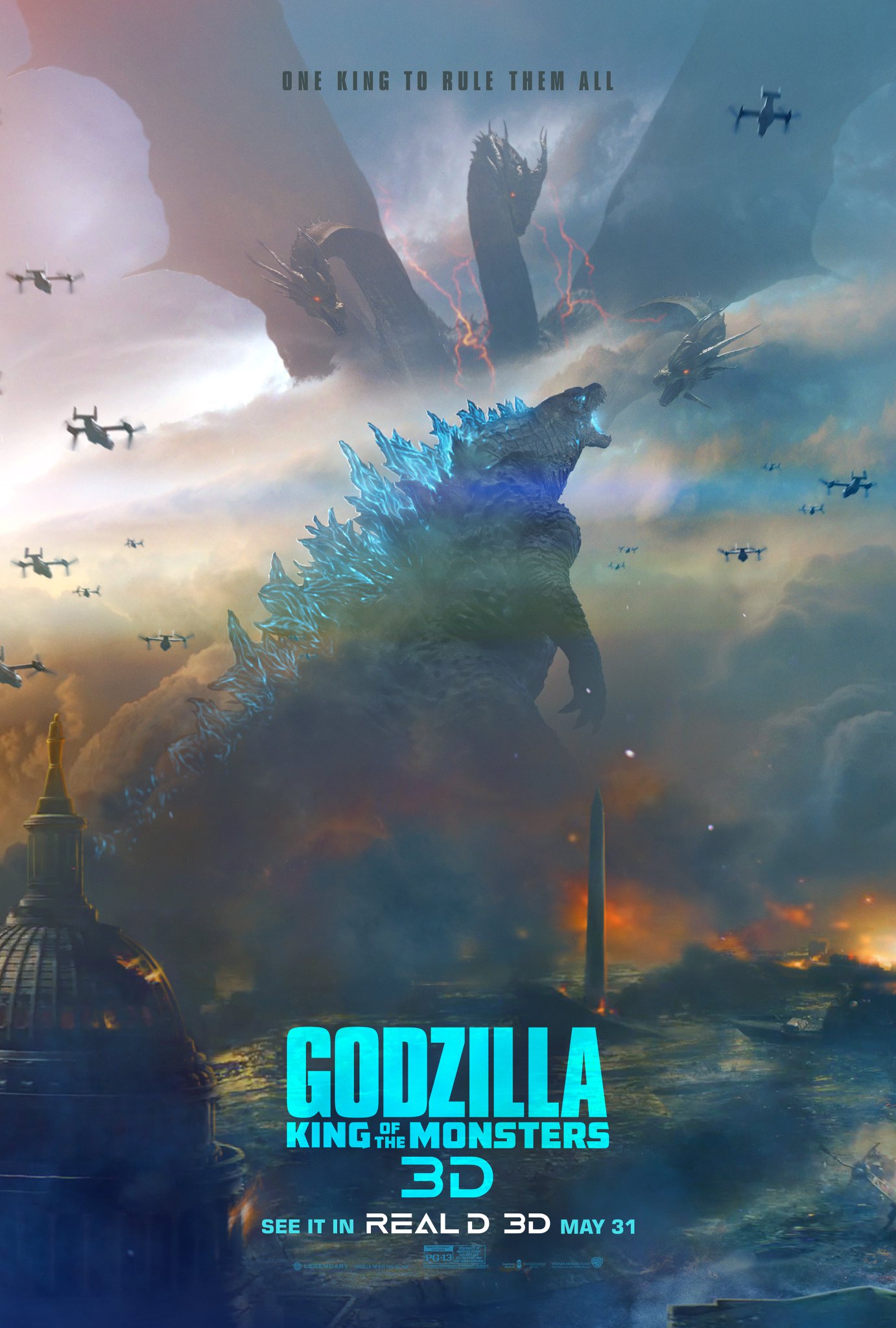
-
Godzilla: King of the Monsters
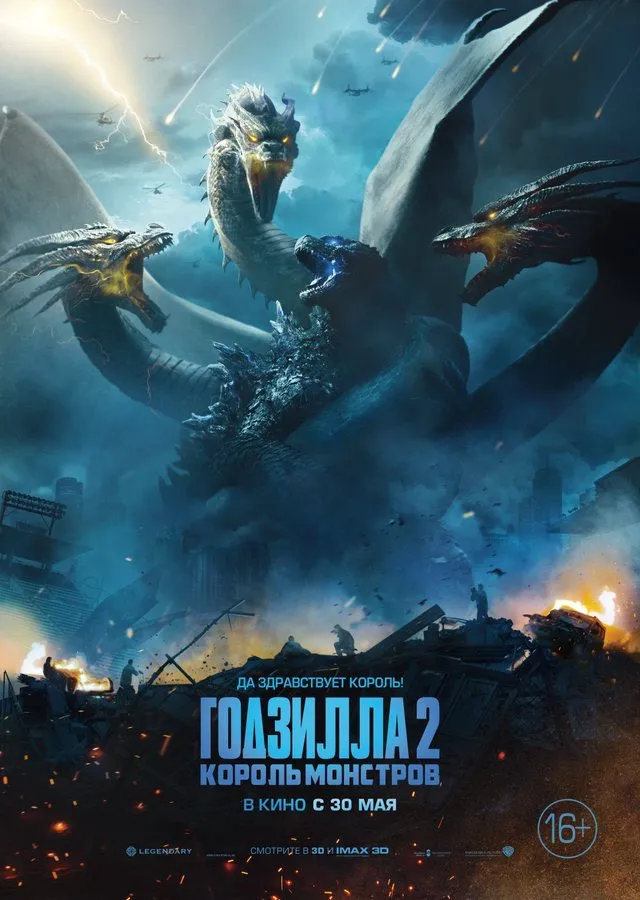
-
Godzilla: King of the Monsters
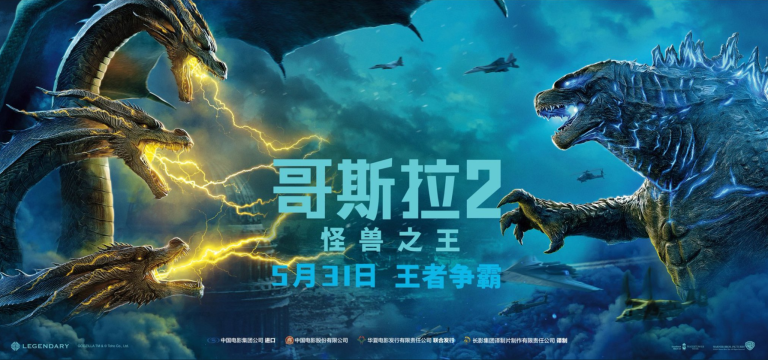
-
Godzilla: King of the Monsters
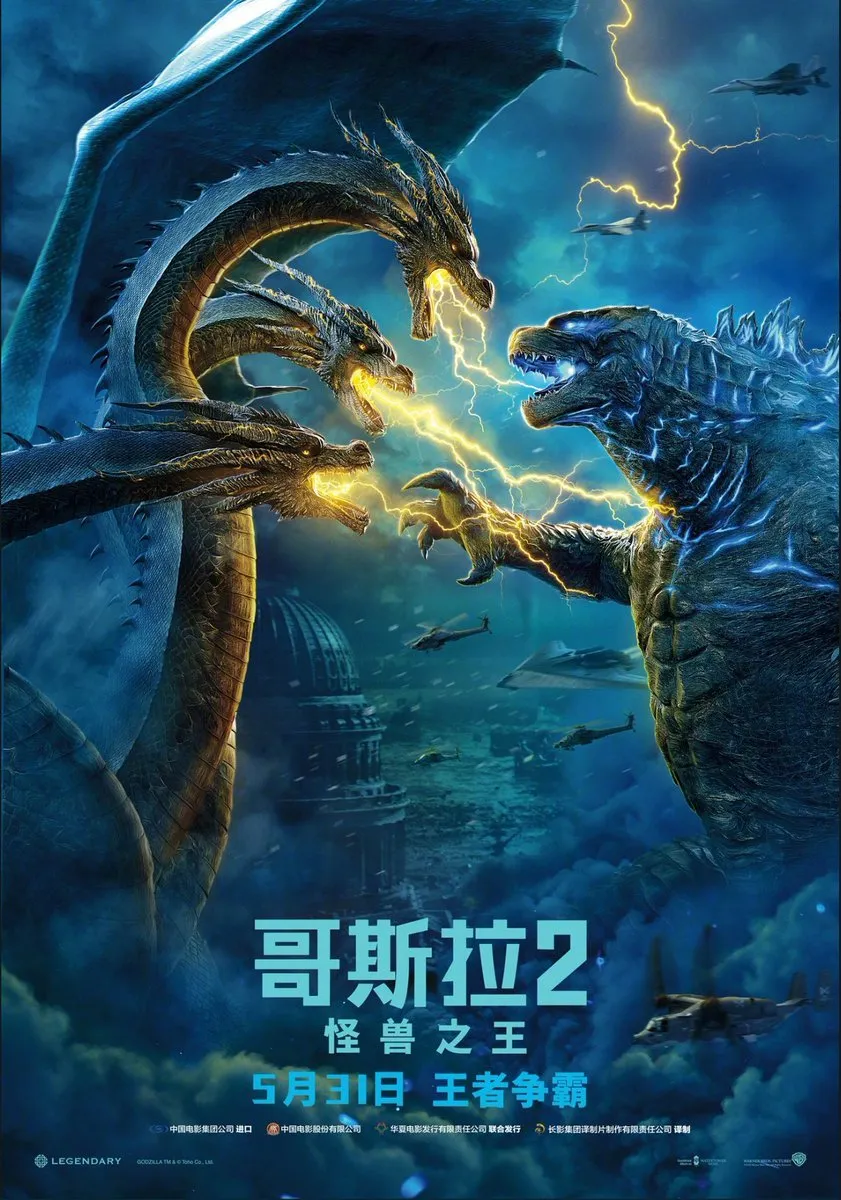
-
Godzilla: King of the Monsters

-
Godzilla: King of the Monsters

-
Godzilla: King of the Monsters
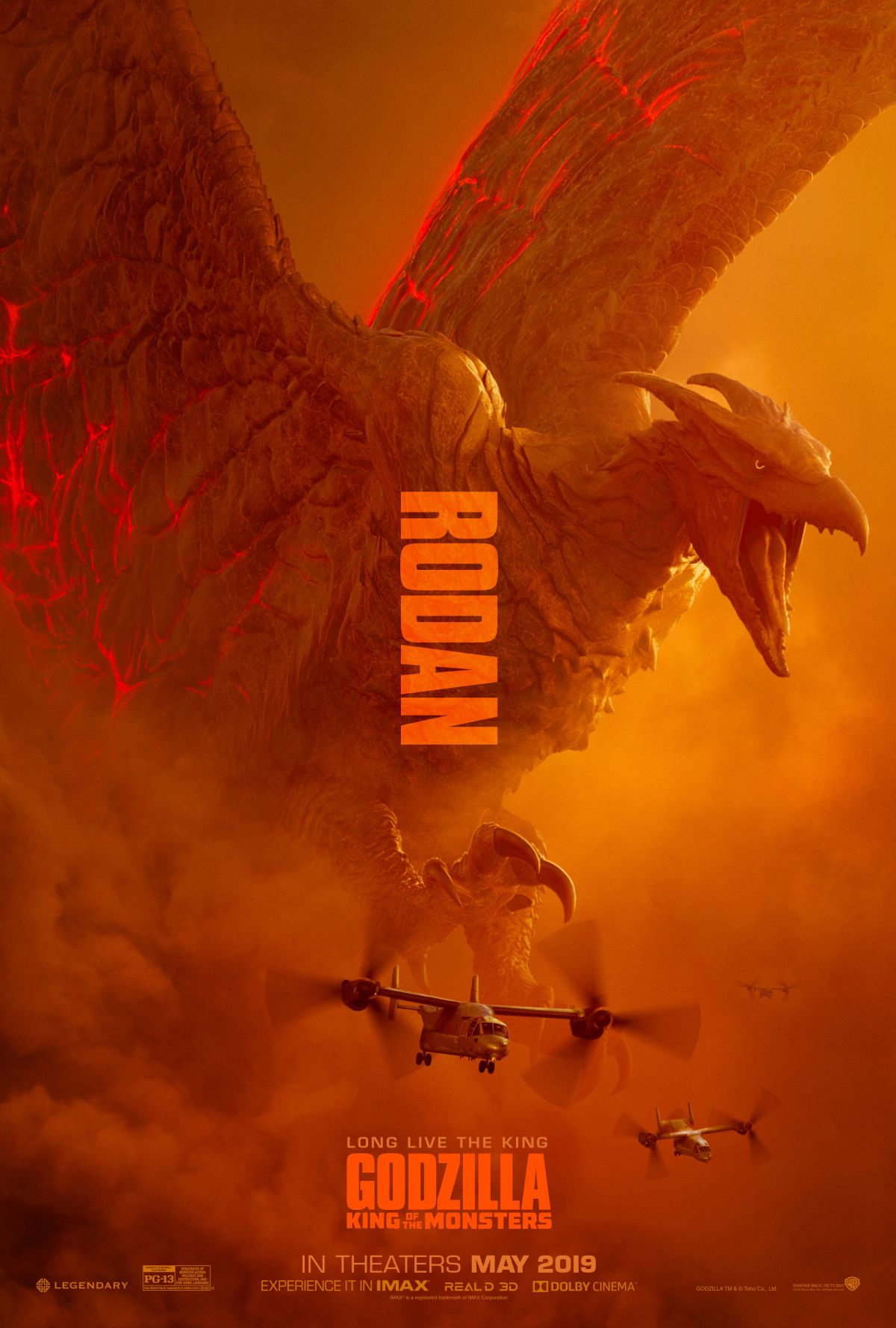
-
Godzilla: King of the Monsters
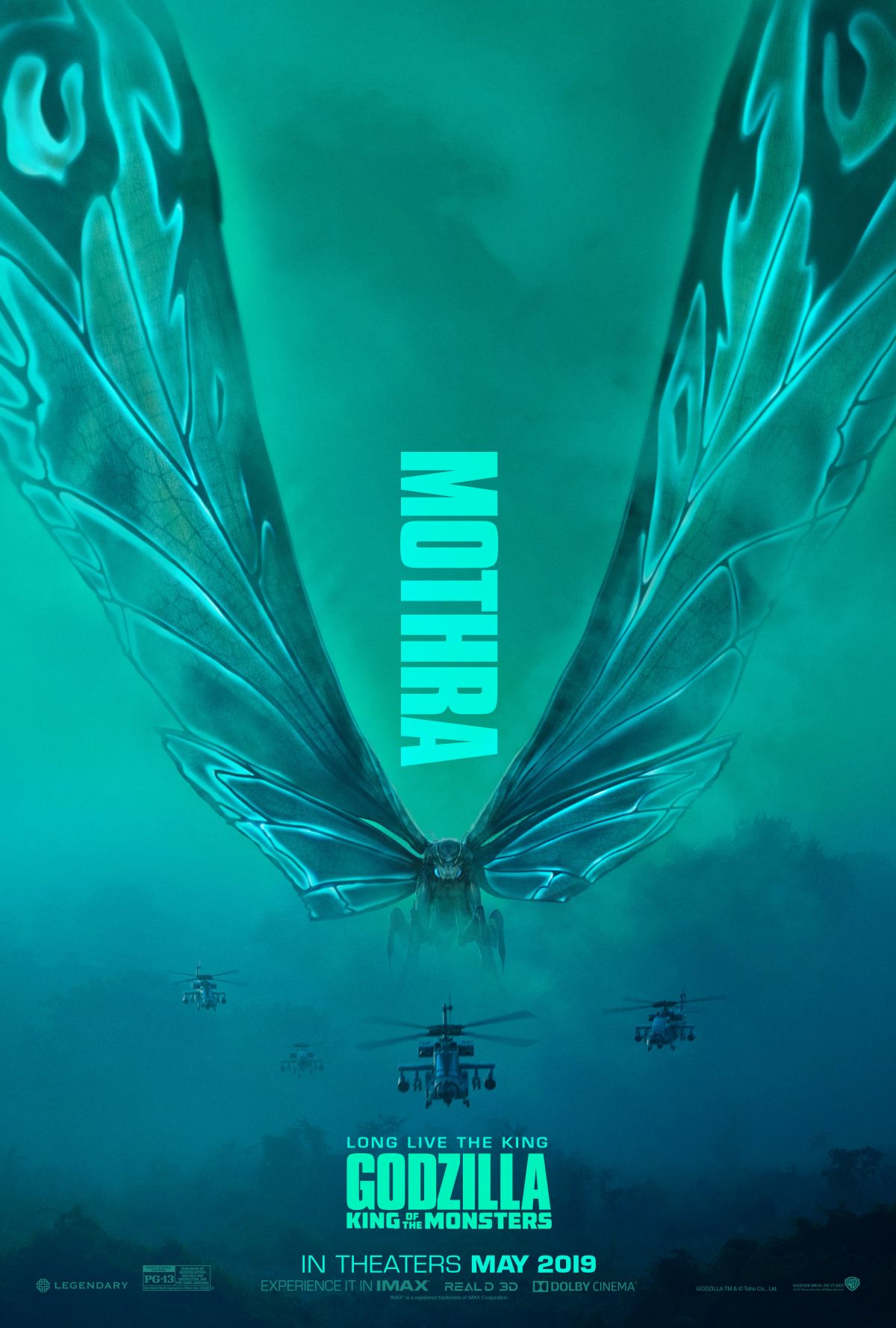
-
Godzilla: King of the Monsters
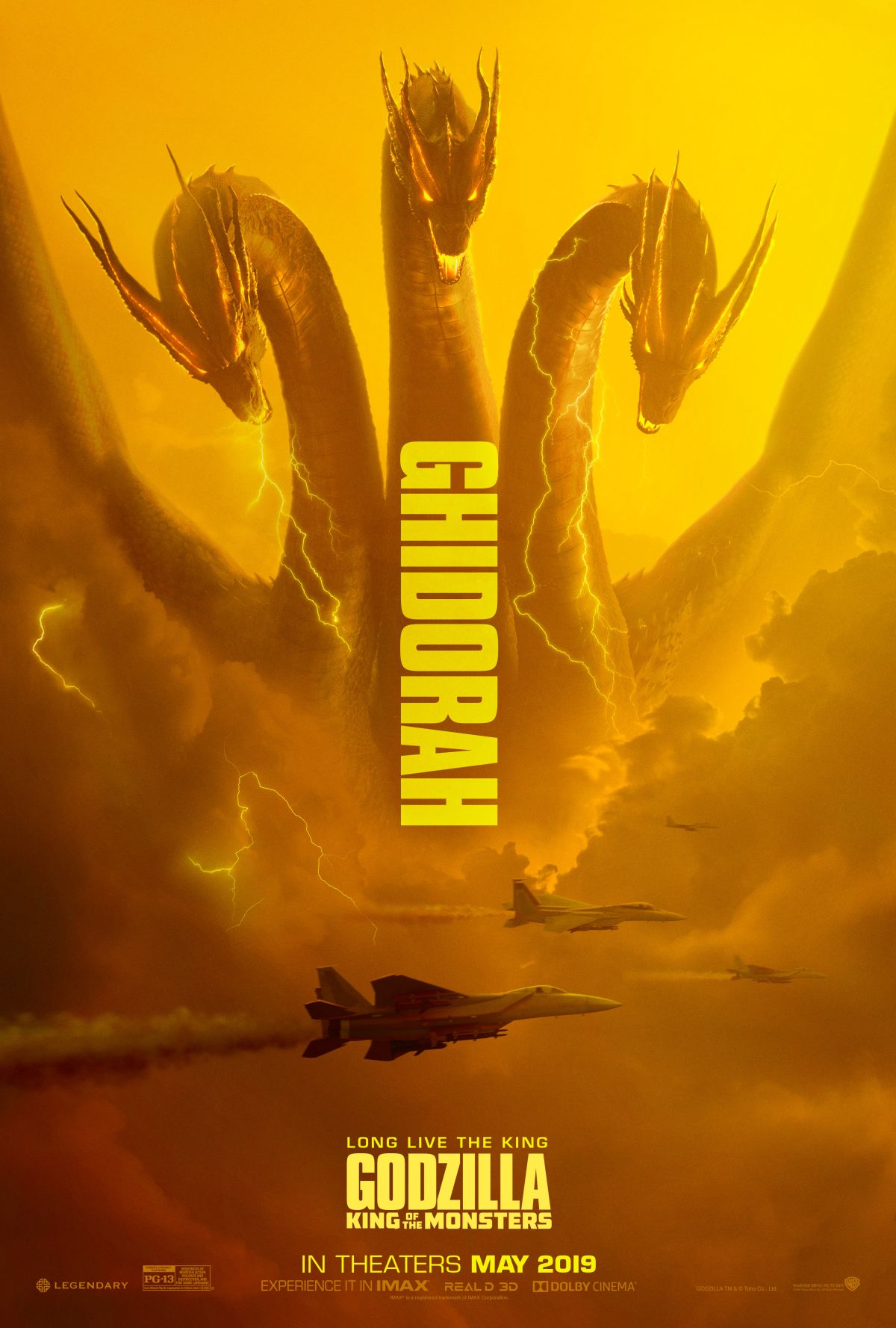
-
Godzilla: King of the Monsters
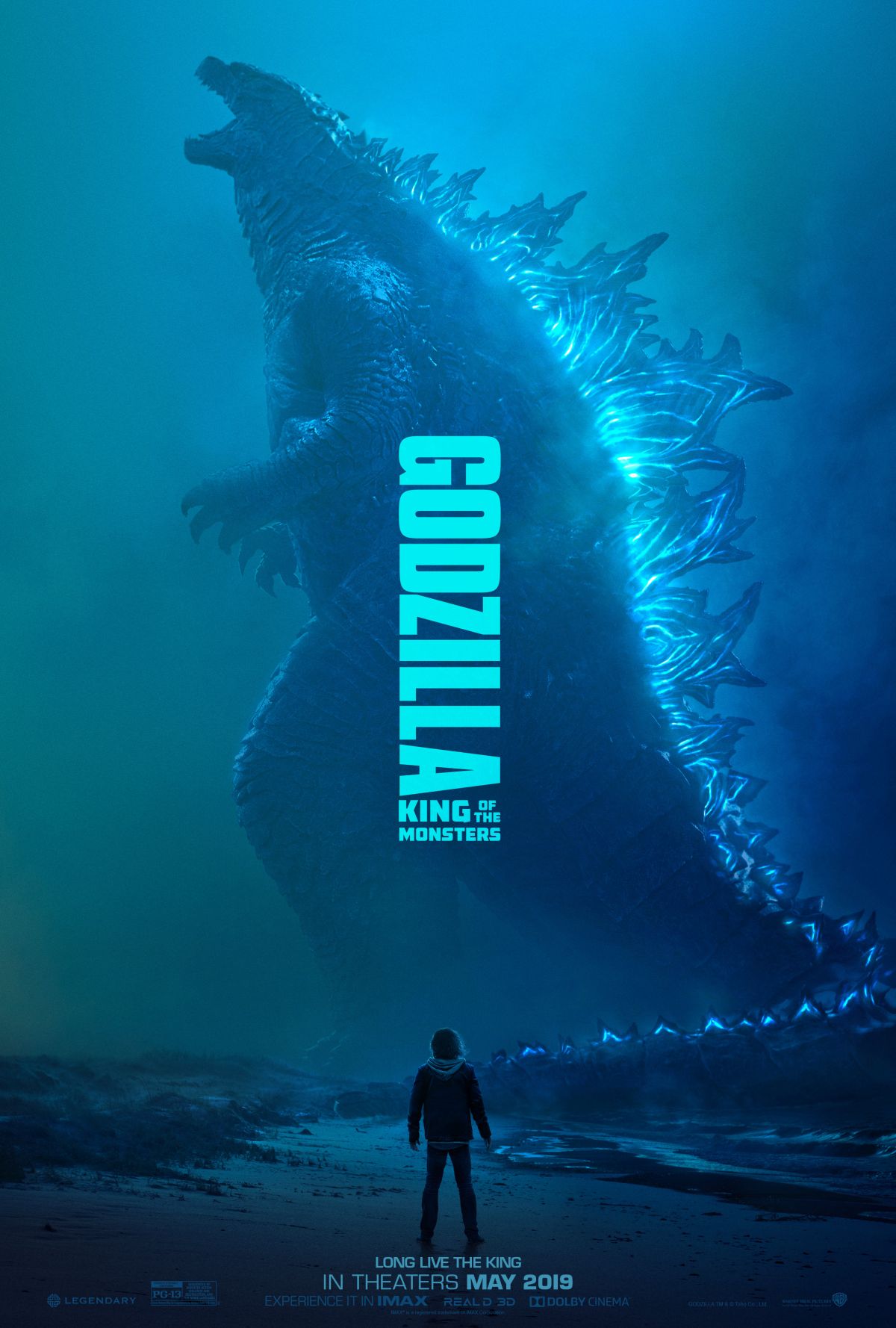
-
Godzilla: King of the Monsters
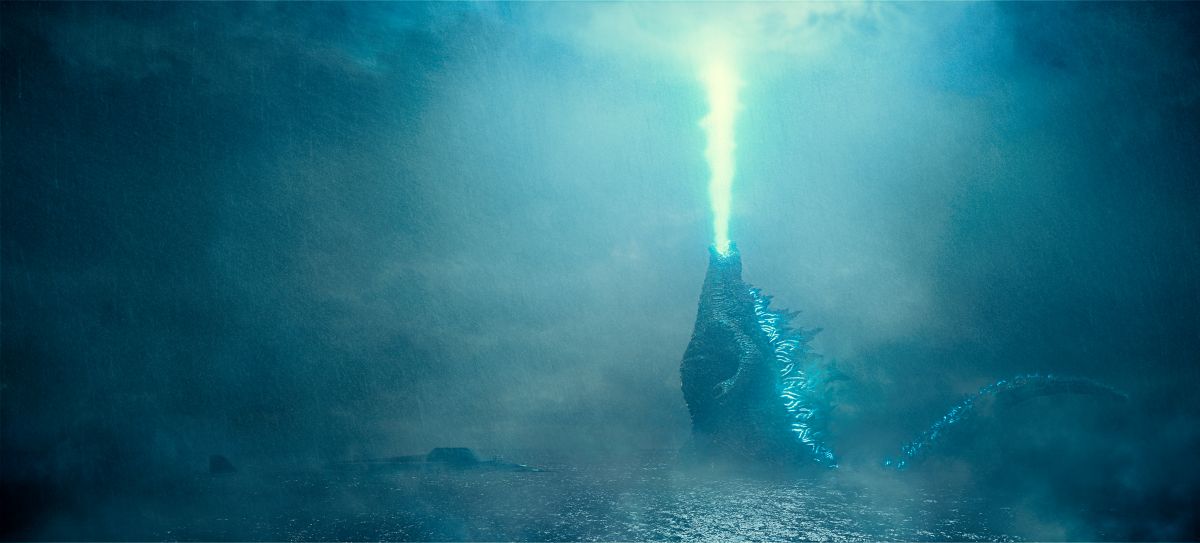
-
Godzilla: King of the Monsters
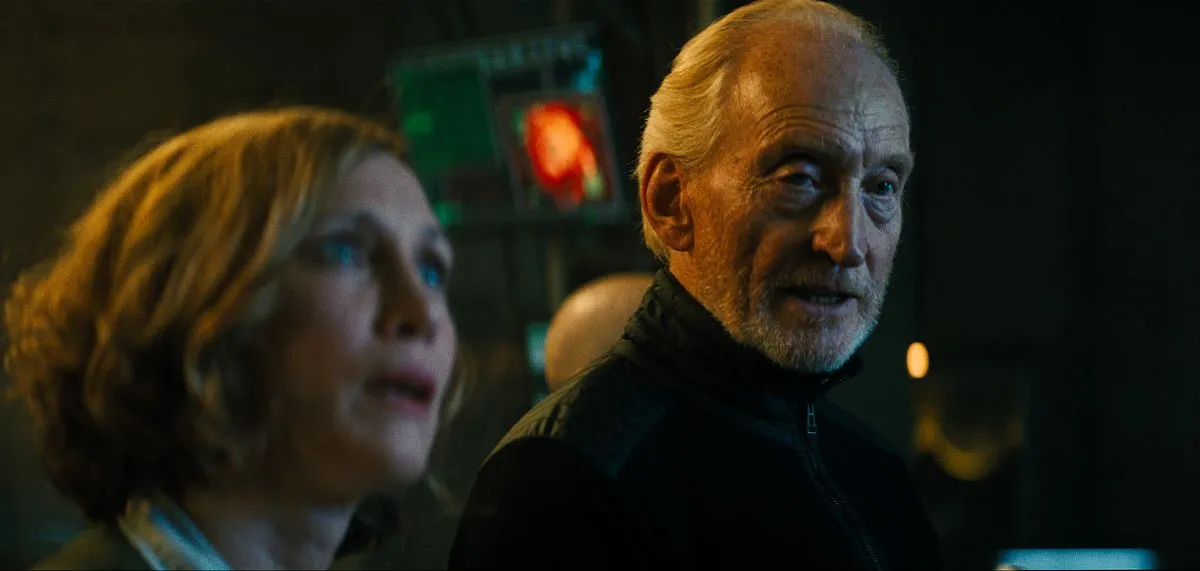
-
Godzilla: King of the Monsters
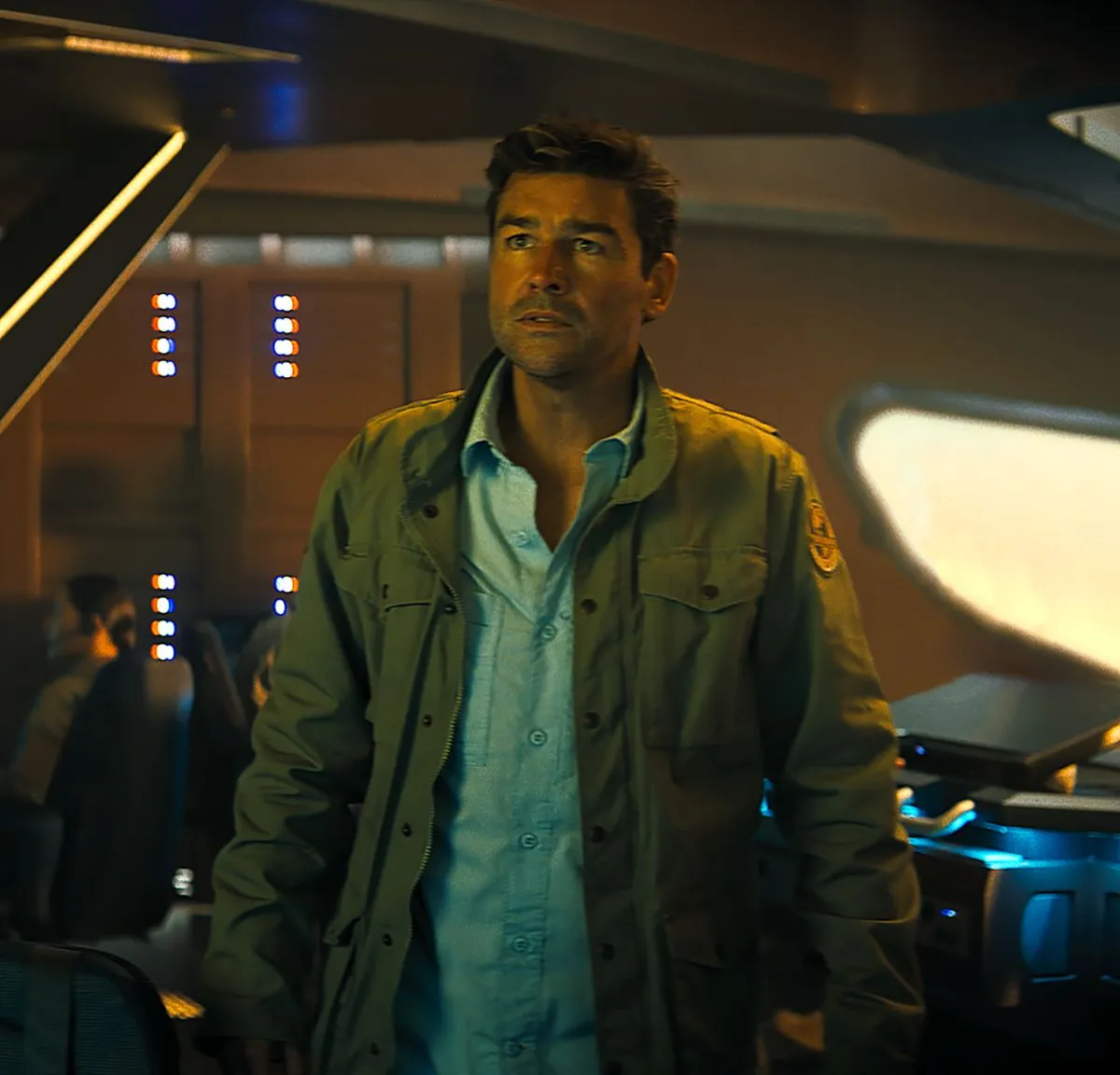
-
GODZILLA: KING OF MONSTERS
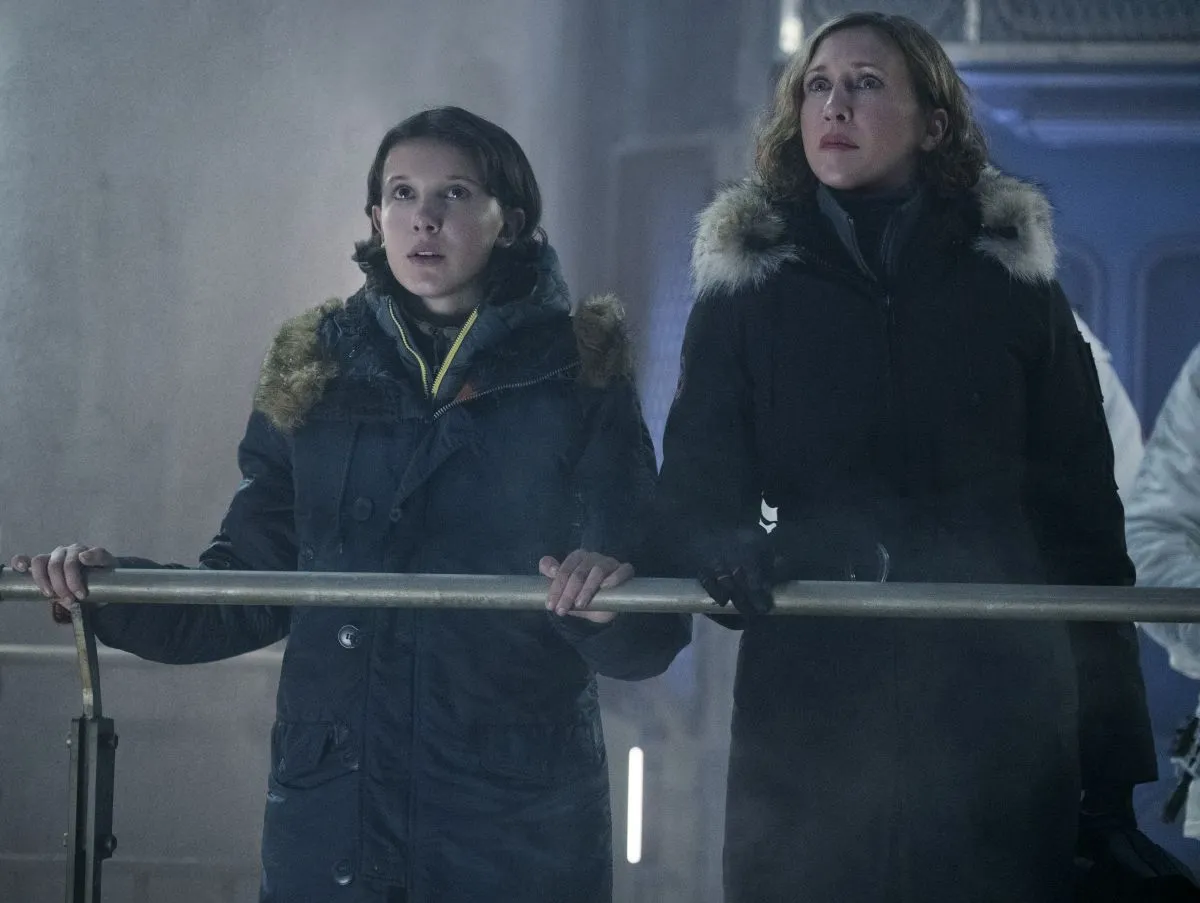
-
Godzilla: King of the Monsters
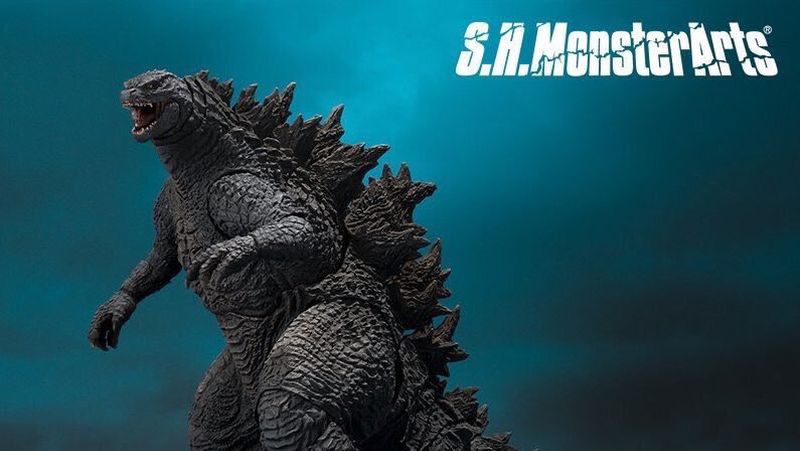
-
Godzilla: King of the Monsters
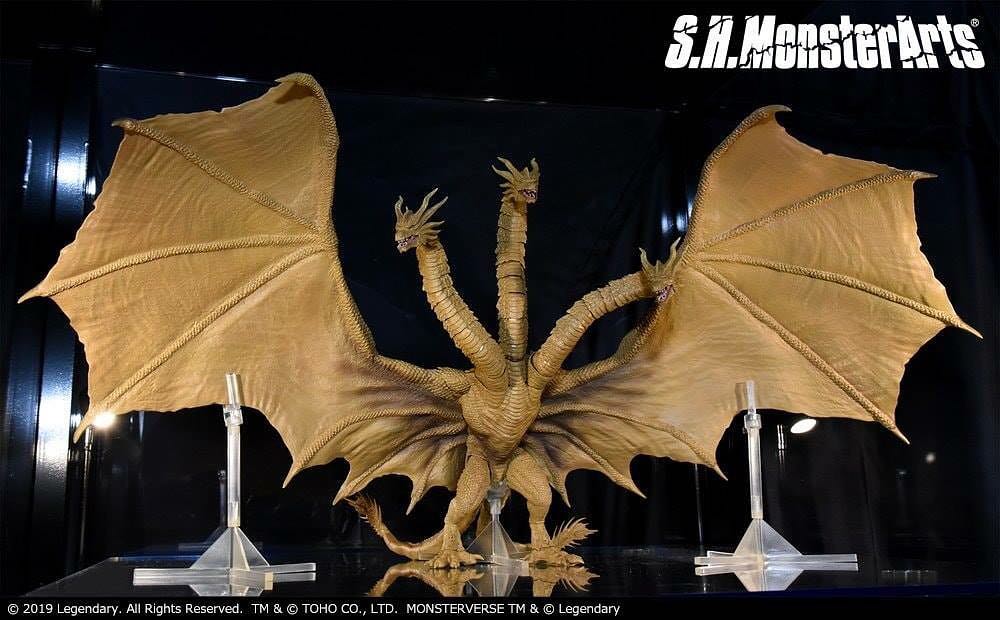
-
Godzilla: King of the Monsters
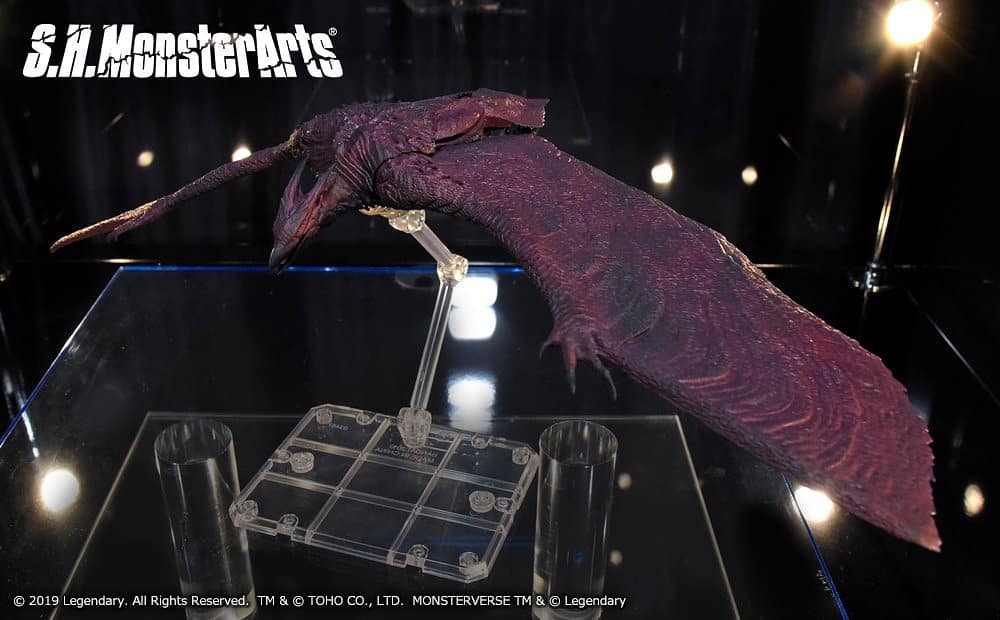
-
Godzilla: King of the Monsters
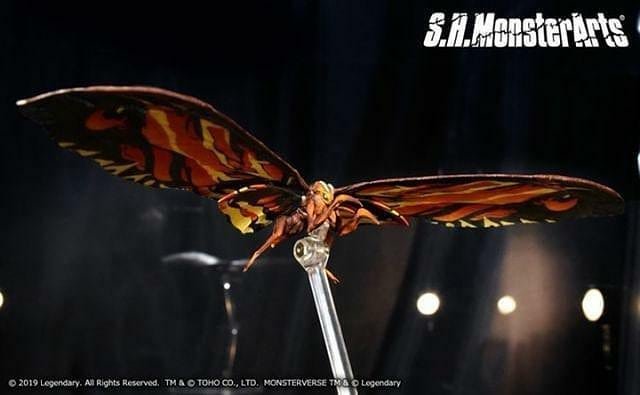
-
Godzilla: King of the Monsters

-
Godzilla: King of the Monsters

